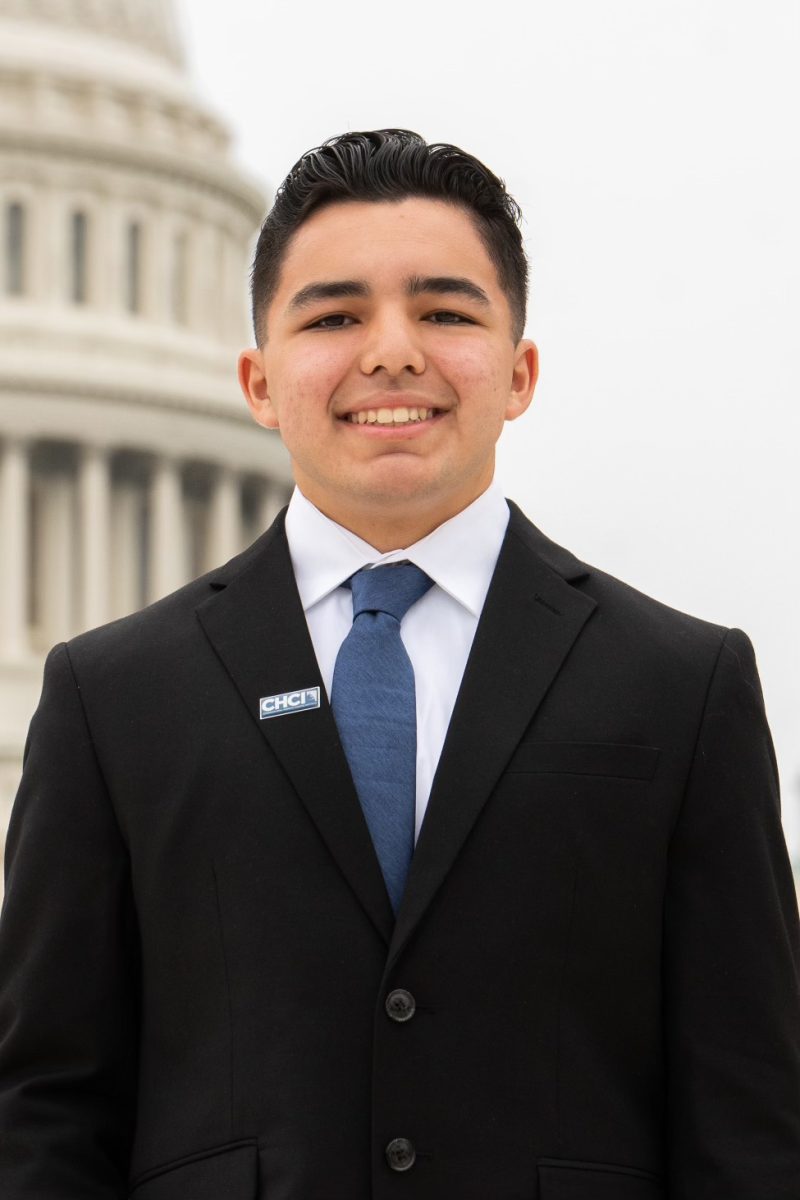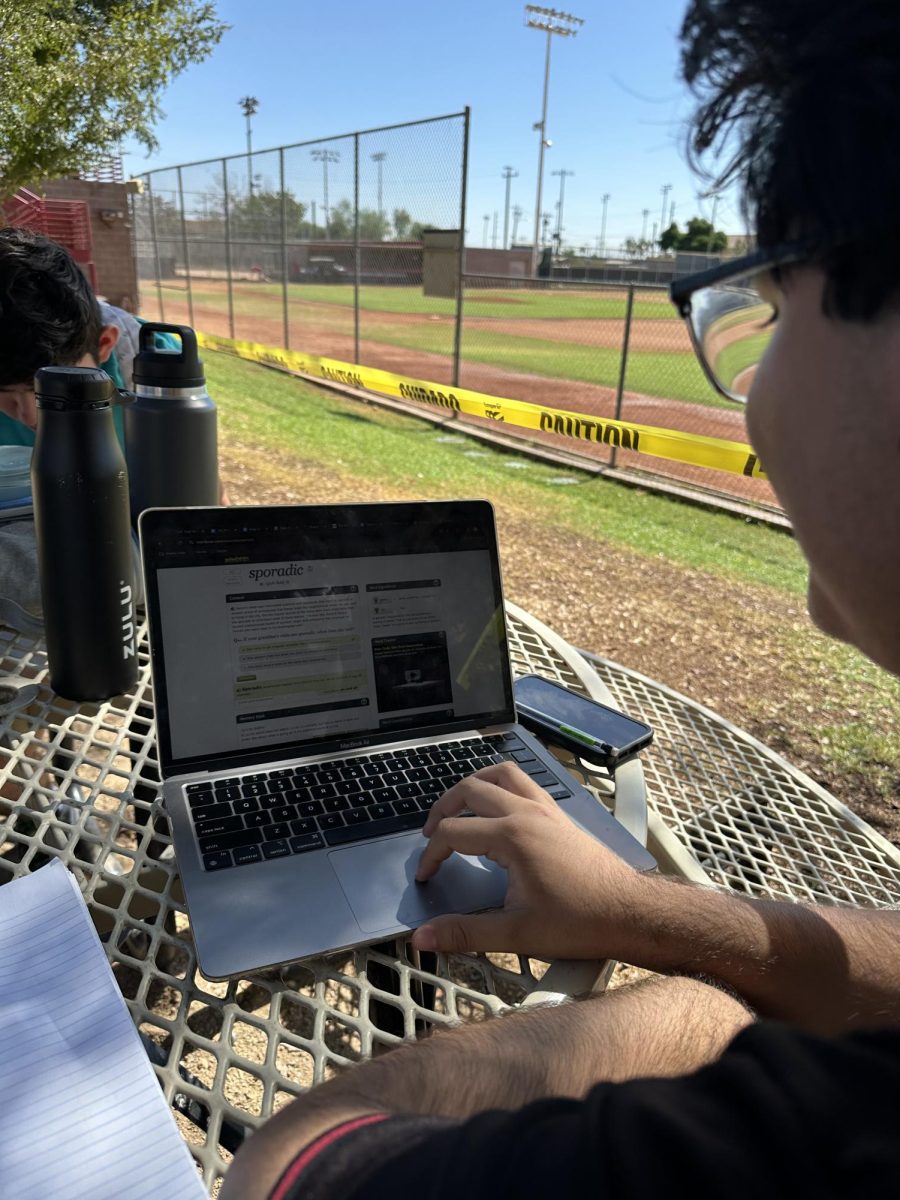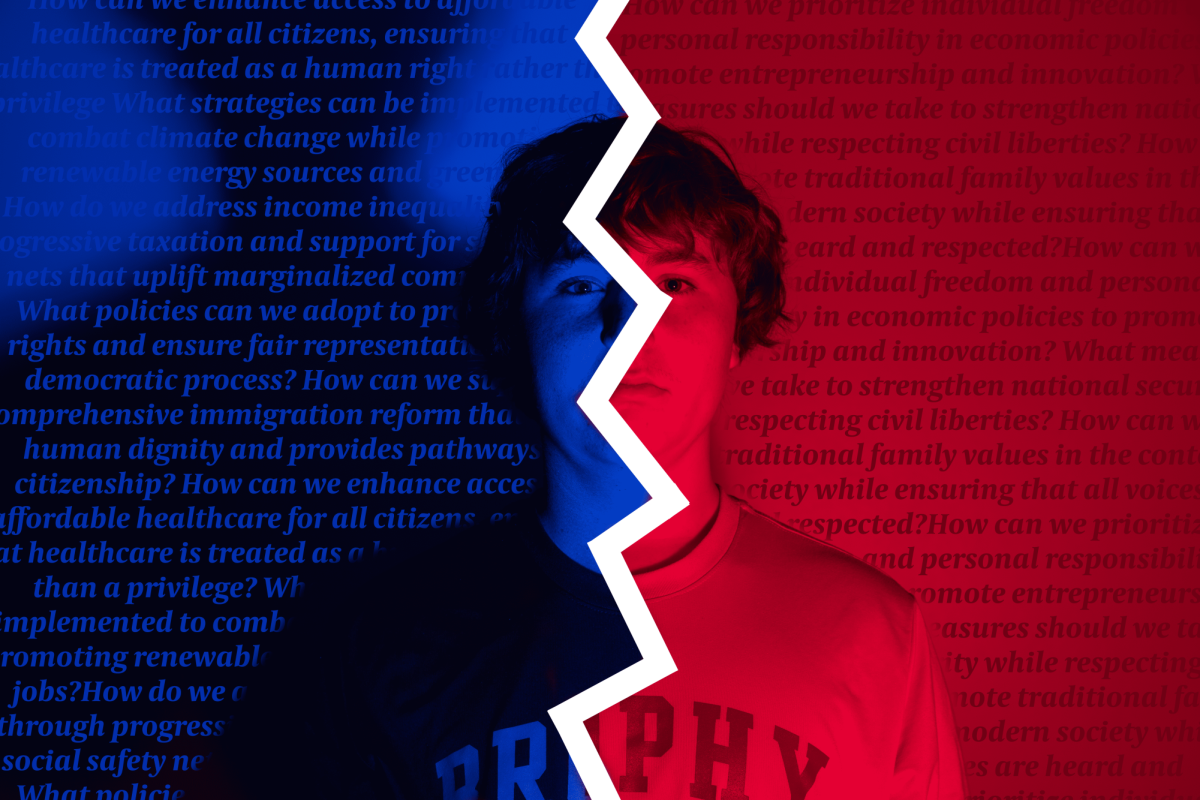In the offseason before the 2023 college football season, Northwestern Football Coach Pat Fitzgerald was fired from his position. On the outside, Fitzgerald had a good track record. He was the head of the program since 2006 and had multiple double-digit win seasons in that span.
Fitzgerald wasn’t terminated because he led the team to a 1-11 record in 2022 or the fact that he has a career losing record against Big 10 Conference opponents. Instead, Fitzgerald allowed toxic hazing practices to occur in the locker room.
Hazing is broadly defined as any activity expected of someone joining or participating in a group that humiliates, degrades, abuses, or endangers them, regardless of a person’s willingness to participate.
While hazing happens in many places such as college fraternities or friend groups, the most common setting to see hazing is on a sports team. And hazing isn’t exactly new either.
It’s been going on for over 2,000 years, dating back to 387 B.C. in Plato’s academy. So what makes hazing such a big problem in sports today?
The biggest reason is that coaches and players want to assert authority over younger players. Most hazing doesn’t take as egregious forms as Pat Fitzgerald’s case but instead can include things such as calling people demeaning names, excluding members from a group, and deceiving people into doing things they aren’t comfortable with.
This can be seen in another example of hazing in college sports when the Jesuit University Boston College’s Swim and Dive Team was suspended for the 2023 season by the NCAA for allegedly forcing freshmen to binge drink and drink their own vomit. Boston College originally admitted to the hazing before restating there were “credible reports of hazing” in a revised public statement.
Hazing has stayed a major problem because people have endorsed it or simply brushed it off. Older players or coaches think it’s okay because they might have experienced it when they were younger. The only way hazing will stop if people stand up to it – break the chain.
If you or someone you know has experienced hazing, no matter how bad, throughout your life, notify stophazing.org and coaches or authority figures, not involved in the hazing, so you’re able to talk with someone and do something about it.























